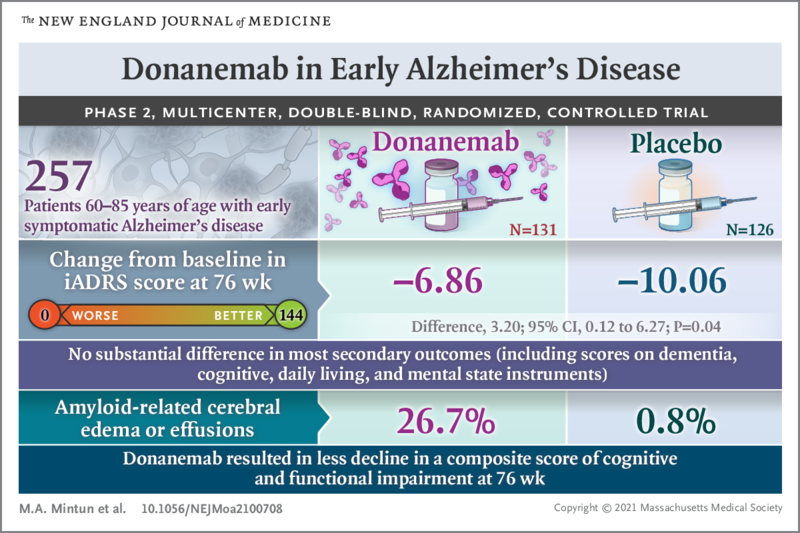Alzheimer's disease (AD) is a disease with high social, family and economic burden caused by complex pathogenesis. We still have a long way to go to overcome this disease.
Although Alzheimer's disease is difficult to beat, existing research results suggest that we can try to prevent it by improving lifestyle.
In particular, if we can actively adopt brain-healthy lifestyles in midlife, we can greatly improve our brain health and thus prevent dementia.
So how do we do that?
#1 Maintain high quality networking
Socially engaged activities have been shown to be beneficial for people with Alzheimer's disease or older age, whether they are beneficial for physical, psychological, or cognitive function.
On the physical side, participation in social activities can improve cardiopulmonary function, increase muscle tone and endurance, promote balance, train physical strength, stimulate degraded functions, and have a rehabilitative effect. Some studies have even suggested that more social activity is associated with better survival and reduced mortality.
On the psychological side, social participation and interpersonal interaction are very important for everyone's physical, mental and emotional health.
Participation in social activities may help to reduce psychological stress, and a good social network and participation in social activities may protect against depression. Gain happiness and sense of achievement in the activities, and increase personal self-esteem; Making friends and expanding relationships can spice up a monotonous life and reduce the incidence of anxiety and depression.
Keeping social groups vibrant and healthy can improve cognitive performance in older age.
#2 Be active in exercise

Exercise is important for cognitive health, preventing dementia like Alzheimer's disease, repairing damage to important memory centers, and possibly even promoting the growth of new brain cells.
But starting an exercise program is not easy, you need to identify your strengths and limitations and gradually work towards your goals.
A successful exercise program has several important characteristics:
Comfort: Your solutions must be easy to do, and difficult solutions will discourage you.
Repetition: A successful exercise regimen must be repeated regularly. Repeatable activities need to be easy, efficient, and enjoyable.
Step by step: You need to see the success of your efforts. It can be as simple as doing an extra squat or completing an extra hundred jump ropes.
Measurable: You should be able to measure the amount of training completed, and progress should be visible at all times. For example, you can use a whiteboard, notes, or a mobile app.
In aerobic exercise, we recommend the following exercises, you can choose one of them.
Brisk walking: Brisk walking is a walking sport that pays attention to posture, speed and time. The walking speed and amount of exercise were intermediate between walking and race walking. Vigorous walking can improve cardiopulmonary function and endurance, change blood quality, regulate vascular function, lose weight, and promote bone and joint health.
Exercise bike: mainly through the body for a long time, appropriate intensity of exercise to promote cardiovascular exercise, speed up metabolism, enhance the function of the heart and lungs, so as to improve the body's constitution.
Climbing stairs: improve cardiovascular function, strong myocardium, enhance myocardial contractility and heart coronary artery system blood supply capacity, improve myocardial blood circulation, prevention and treatment of coronary heart disease. However, it should also be noted that the knee joint bears a large load during exercise, and people with knee joint injuries and diseases should not participate in this exercise, otherwise it is not conducive to the rehabilitation of the injury.
For older people, vigorous exercise is obviously not suitable, so you can start with some exercises that focus on flexibility and relaxation. Such as walking, jogging, Tai chi, yoga, square dancing and so on.
#3 Focus on a healthy diet

Eating habits are very important to a person's health, we usually see in the article what foods to eat is good for the brain, then we will tell you which foods are contraindicating for patients with Alzheimer's disease, we should also avoid to avoid, can eat as little as possible to eat.
1. Processed foods: crisps, crackers, frozen meals and white bread are high in salt, sugar and saturated fat, which can clog the arteries of the brain and directly damage brain tissue.
2. Processed meats: Meats like bacon, salami, and bacon are loaded with preservatives, salt, and saturated fat, which may contribute to inflammation and shrinkage of the brain.
3. Red meat: High levels of saturated fat are found in farmed or grass-fed beef and wild animal meat. While red meats may cause less inflammation than processed meats, they can still cause some damage at the vascular and cellular levels.
4. Fried and fast food: High in trans fats, which can reduce brain size and cause cognitive decline.
5. Pastries and candies: High in sugar, which can trigger inflammation and brain damage.
6. Sugar-sweetened beverages: There are a wide variety of beverages on the market, which can be said to be the main source of sugar in the diet of some people and can cause inflammation and neuronal damage.
7. Excessive alcohol: Alcohol is neurotoxic and can directly damage brain cells.
Finally, I recommend the Mediterranean diet, but you can also choose the DASH diet or the MIND diet.
In addition to social interaction, diet and exercise, paying attention to sleep quality, controlling blood pressure, paying attention to weight changes, and learning new things can all help keep us from Alzheimer's disease!









